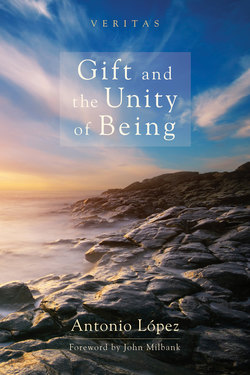Читать книгу Gift and the Unity of Being - Antonio López M. - Страница 4
На сайте Литреса книга снята с продажи.
ОглавлениеVERITAS
Series Introduction
“. . . the truth will set you free.” (John 8:32)
In much contemporary discourse, Pilate’s question has been taken to mark the absolute boundary of human thought. Beyond this boundary, it is often suggested, is an intellectual hinterland into which we must not venture. This terrain is an agnosticism of thought: because truth cannot be possessed, it must not be spoken. Thus, it is argued that the defenders of “truth” in our day are often traffickers in ideology, merchants of counterfeits, or anti-liberal. They are, because it is somewhat taken for granted that Nietzsche’s word is final: truth is the domain of tyranny.
Is this indeed the case, or might another vision of truth offer itself? The ancient Greeks named the love of wisdom as philia, or friendship. The one who would become wise, they argued, would be a “friend of truth.” For both philosophy and theology might be conceived as schools in the friendship of truth, as a kind of relation. For like friendship, truth is as much discovered as it is made. If truth is then so elusive, if its domain is terra incognita, perhaps this is because it arrives to us—unannounced—as gift, as a person, and not some thing.
The aim of the Veritas book series is to publish incisive and original current scholarly work that inhabits “the between” and “the beyond” of theology and philosophy. These volumes will all share a common aspiration to transcend the institutional divorce in which these two disciplines often find themselves, and to engage questions of pressing concern to both philosophers and theologians in such a way as to reinvigorate both disciples with a kind of interdisciplinary desire, often so absent in contemporary academe. In a word, these volumes represent collective efforts in the befriending of truth, doing so beyond the simulacra of pretend tolerance, the violent, yet insipid reasoning of liberalism that asks with Pilate, “What is truth?”—expecting a consensus of non-commitment; one that encourages the commodification of the mind, now sedated by the civil service of career, ministered by the frightened patrons of position.
The series will therefore consist of two “wings”: (1) original monographs; and (2) essay collections on a range of topics in theology and philosophy. The latter will principally by the products of the annual conferences of the Centre of Theology and Philosophy (www.theologyphilosophycentre .co.uk).
Conor Cunningham and Peter Candler, Series editors
